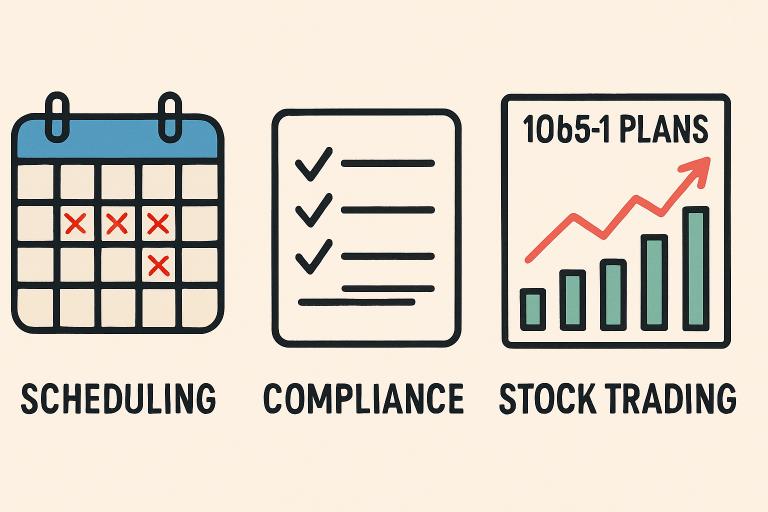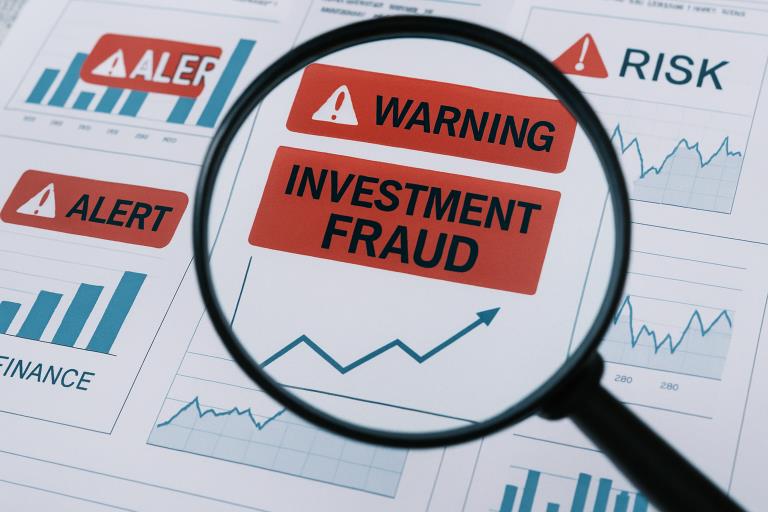Now Reading: Sellers Permits: What Every New Business Needs to Know
-
01
Sellers Permits: What Every New Business Needs to Know
Sellers Permits: What Every New Business Needs to Know

What a sellers permit is — plain and unglossed
Think of a sellers permit as the official nod from your state that says: “Yes, you can collect sales tax.” It’s not a general business license; it’s a tax document that lets you legally charge customers sales tax and remit it to the state. Without it, you’re selling in the gray area — and the state does not like gray areas.
Why your business actually needs one
States rely on sales tax to fund roads, schools, emergency services — the things that keep a town humming. A sellers permit gives you the legal authority to collect that tax at checkout, and it signals to customers and suppliers that you’re running a legitimate operation. Beyond image, it’s protection: having the permit reduces the risk of fines, audits, and the ugly aftermath of noncompliance.
Who must get a sellers permit
If you sell taxable tangible goods inside a state — think retail stores, online product shops, farmers’ market booths — you probably need one. Physical locations, warehouses, even temporary event stalls usually trigger permit requirements, and remote or out-of-state sellers who meet certain sales thresholds often must register in other states as well. The exact rules shift by state and by product, so what’s required for clothing might differ from what’s required for digital services.
The shifting landscape for online and out-of-state sellers
Ecommerce changed everything. Economic nexus thresholds and marketplace facilitator laws now mean that selling online can create obligations in multiple states. If your sales exceed a state’s threshold — whether by dollar amount or number of transactions — that state can ask you to register and collect tax. The upshot: expansion across state lines feels exciting, but it also comes with a paperwork chorus line.
How to obtain a sellers permit (without losing your mind)
Most states now let you apply online, and many forms are straightforward if you have your paperwork ready. Expect to provide your legal business name, address, Federal EIN (or SSN for sole proprietors), ownership details, and sometimes articles of incorporation or a current business license. Fill everything carefully; small mistakes can delay approval and create follow-up requests. Once approved, you’ll receive a permit number and can begin collecting sales tax immediately.
What happens if you don’t get one
Skipping the permit is risky in more ways than one. Regulators can demand back taxes, interest, and penalties — sometimes reaching back several years — and in severe cases freeze accounts or seize assets. Noncompliance also damages reputation: vendors, landlords, and banks prefer to do business with entities that follow the rules, and a flagged history can haunt you.
Common misconceptions — let’s clear them fast
A sellers permit is not the same as a resale certificate. The permit lets you collect sales tax; the resale certificate lets you buy inventory tax-free for resale. Another myth is that online-only sellers are safe — not anymore. State laws vary wildly, and what’s exempt in one place might be taxable in another. The key is: don’t rely on hearsay; check your state’s rules.
Recordkeeping and ongoing obligations
Getting the permit is the starting gun, not the finish line. Keep robust sales records for the period your state requires — often three to seven years — and file returns on schedule, even if sales were low or zero. Good bookkeeping makes audits less painful and helps you avoid late fees. Use accounting software or a reliable bookkeeper to automate reminders and filings.
Renewals, changes, and transfers
Some states issue permanent permits; others require periodic renewal. If you move, change ownership, or rebrand, update your registration promptly. Failing to report changes can create unexpected penalties or gaps in coverage, and transferring ownership without proper notice can complicate liability for past tax obligations.
Practical tips for busy founders
Prepare your documents before you start the application — that saves time and frustration. Track which states you sell into and set automated alerts for new filing thresholds or changes in marketplace laws. If you sell through a marketplace, understand whether the platform collects sales tax on your behalf or if that responsibility falls to you.
The bigger picture: compliance as credibility
Treating your sellers permit as a business hygiene item rather than a bureaucratic annoyance changes your relationship with customers and partners. It communicates stability and reduces the chance of sudden legal headaches. Compliance isn’t glamorous, but it’s the plumbing that keeps a business running smoothly.
FAQ
What exactly does a sellers permit allow me to do?
A sellers permit authorizes you to collect sales tax from customers and legally remit it to the state.
Is a sellers permit the same as a business license?
No — a sellers permit covers sales tax collection, while a business license is a broader authorization to operate.
Do online-only businesses need a sellers permit?
Often yes; many states require registration if you meet their sales or transaction thresholds, even without a physical location.
What documents do I need to apply?
Commonly: legal business name, address, EIN (or SSN), ownership details, and sometimes articles of incorporation or a local business license.
How long does approval usually take?
Times vary by state and workload, but many online applications are processed relatively quickly if the paperwork is complete.
What if I sell at seasonal markets or pop-up events?
Temporary or event-based sellers usually need a permit for tax collection, so check local rules before doing business.
Can I buy inventory tax-free with a sellers permit?
Not exactly — you may use a resale certificate to buy inventory without paying sales tax, but that’s a different document used for purchases intended for resale.
What are the risks of not registering?
You expose your business to back taxes, interest, fines, possible asset seizure, and reputational damage.





















